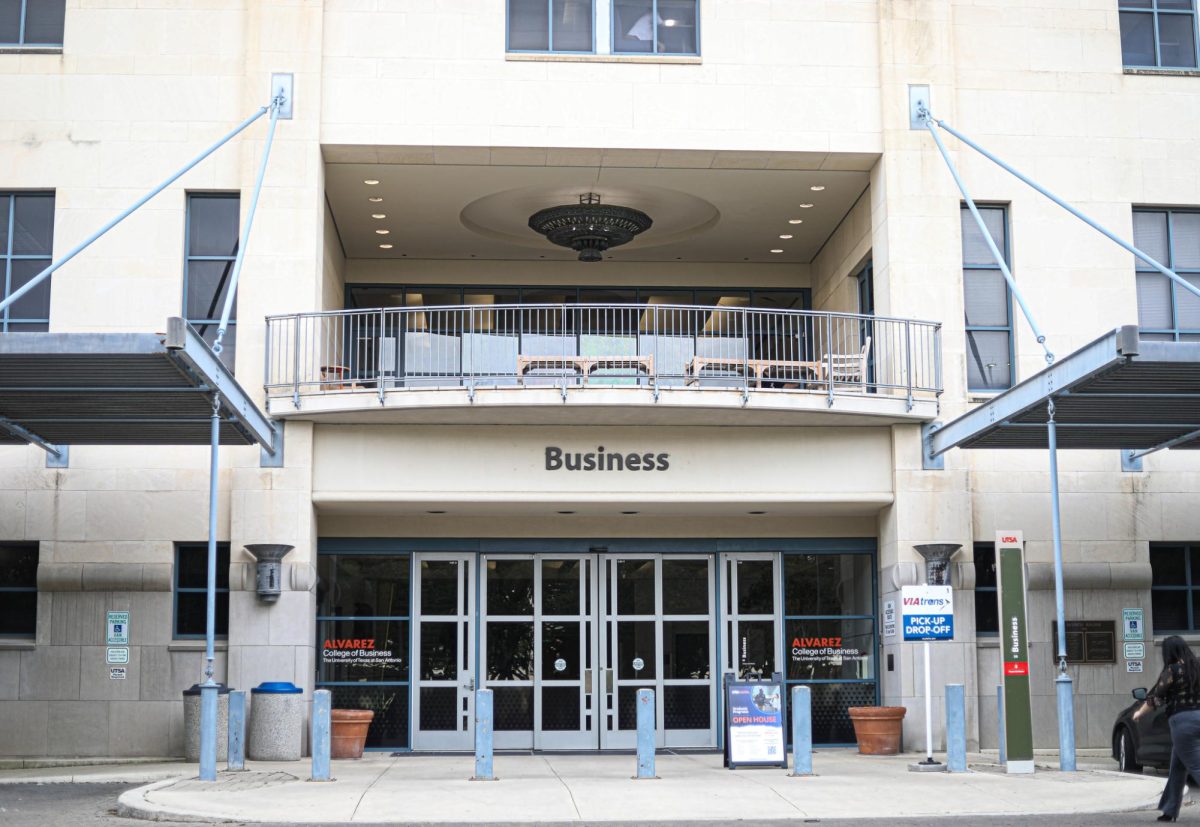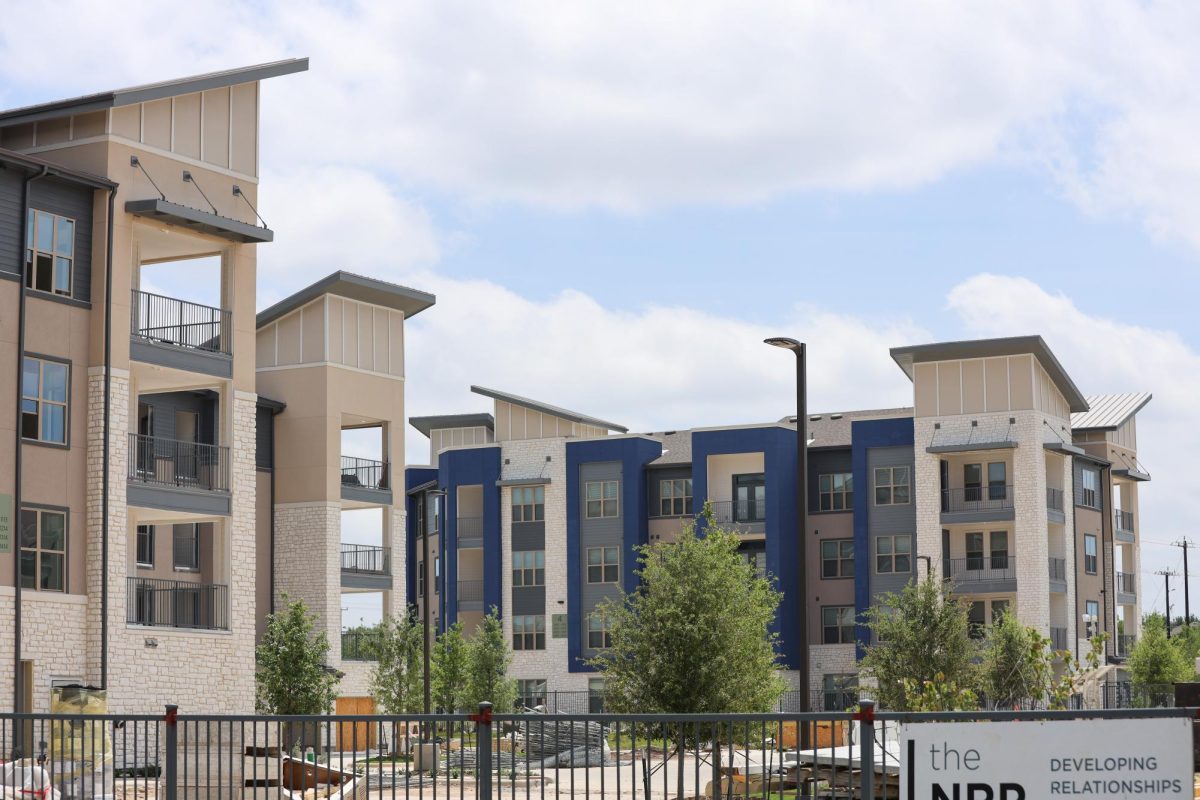__gallery.jpg)
Courtesy of Will Tallent / The Paisano
In his State of the Union Address on Feb. 12, President Obama called upon lawmakers to raise the current federal minimum wage.
The president said in the address, “Even with the tax relief we’ve put in place, a family with two kids that earns the minimum wage still lives below the poverty line. That’s wrong.”
According to the latest release from the Department of Health and Human Services (HHS), the poverty line, or poverty guideline, for 2012 in the U.S. was $11,170 for a one person household, and for each additional occupant that number increased by $3,960.
Obama said, “Tonight, let’s declare that in the wealthiest nation on Earth, no one who works full time should have to live in poverty, and raise the federal minimum wage to $9 an hour. This single step would raise the incomes of millions of working families. It could mean the difference between groceries or the food bank, rent or eviction, scraping by or finally getting ahead. For businesses across the country, it would mean customers with more money in their pockets.”
“[Raising minimum wage] would help strengthen the economy and lift many of the 15 million workers who rely on the wage out of poverty. Obama also wants it tied to inflation so it keeps pace with the cost of living,” Politico said.
The current minimum wage rate is $7.25 an hour as a result of Congress’ vote to increase it from $5.15 in 2007. This rate equates to a $15,000 salary for a full-time employee.
Congressman Rep. George Miller (D-Calif.) stated in a release that, “Despite this, the real value of the minimum wage today buys less than it did in 1956. In addition, workers who rely on tips haven’t seen an increase in their wages since 1991.” The minimum wage requirement for tipped labor force is $2.13 an hour.
According to the Huffington Post, “the minimum wage has fallen in value because Congress hasn’t raised it to keep up with inflation. At its peak in 1968, the minimum wage was equal to about $10.50 an hour in today’s dollars. That’s a 25 percent decline in buying power.”
The most recent release from the Bureau of Labor Statistics found that, in 2011, 1.7 million Americans earned the prescribed Federal minimum wage of $7.25 per hour, while an additional 2.2 million earned wages below the minimum. These 3.8 million workers with wages at or below the Federal minimum made up 5.2 percent of all workers paid hourly, who, in turn, comprise 59.1 percent of the entire wage and salary workforce.
Nineteen states already have minimum wages over $7.25 an hour. The highest is in Washington state, where the minimum wage is $9.19 an hour.
According to Forbes, “The impact of increasing the minimum wage goes well beyond the 3.8 million Americans directly affected as it is estimated that some 28 to 30 million Americans would be benefited as those working above the minimum wage level would experience increases in pay to keep them ahead of those on the lower rungs of the company employee ladder. In many ways, the debate is the perfect stage for expressing the core philosophical differences that exist between Progressives and Conservatives in 2013 America.”
House Speaker John Boehner (R-Ohio) came out in opposition of the minimum wage hike following the president’s State of the Union. The Speaker was quoted in Politico saying, “Listen, when people are asking the question ‘Where are the jobs?’ why would we want to make it harder for small employers to hire people? I’ve got 11 brothers and sisters on every rung of the economic ladder. . . What happens when you take the rungs away on the economic ladder, you make it harder for people to get on the ladder, our goal is to get people on the ladder and help them climb that ladder so they can live the American dream.”
According to Politico, “The White House was prepared for this line of attack, releasing a fact sheet that cites studies and economists concluding that a wage increase would not jeopardize jobs. But Republicans don’t buy it, saying higher wages raise the cost of doing business — a no-no at a time of high rates of joblessness.”











